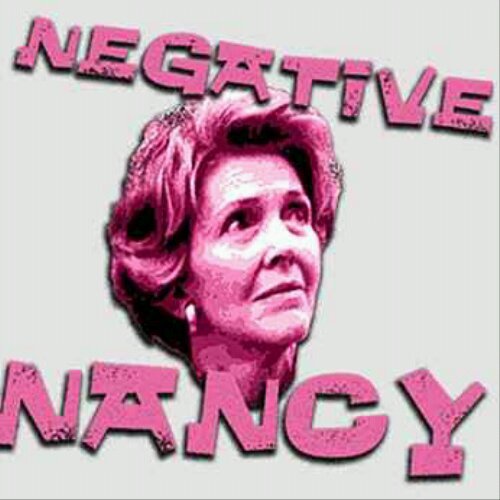
But I didn’t know anyone who was interested in communism in Houston. I grew up, again, in a left-wing household in which everybody was very progressive. One was the attitude toward communist beliefs. Who cares? What’s the big deal? Not one person you’d ever meet anywhere would have a problem with this.” And yet she still had that shame.Īs a biographer, I encountered a couple of things like that that I had to struggle to contextualize in different times. And people would say, “You live on 24th Street and you’re this famous intellectual. In contrast, Sontag was living in the liberal hub of New York. They were part of a progressive minority. I didn’t realize how anomalous I was.īMI came from Houston. I don’t have a sad story about being gay. And I didn’t know that because I didn’t have that experience. Gayness, even with younger people, often remains fraught. It was always a source of shame and tension.īMAlthough not only. Still, what was really interesting and sad for me about Sontag was that even though she did know that she was gay and she did have all these affairs, she never really became comfortable with that. So I can imagine that to have an orgasm with a man might have felt a bit like a betrayal of that self she had fought for. I think when you’re gay, and when you become able to be happy and comfortable with that, the idea of heterosexuality-which when you’re twelve seems so great and enviable because you don’t get beaten up on the playground or whatever-once you get over that and you become a grownup, homosexuality becomes so essential to who you are. She collapses onto the pillow and says, “Oh, shit, now I’m just like everybody else”.

SMYou differentiate between the orgasm she has with a man and then, years later, her first orgasm with a woman-and that, again, after she’s had 100 woman partners.īMYou know what she says when she finally has an orgasm with a man? This is my favorite line in the book.īMYou sure are. I think that merited more than just one offhand remark!īMSontag says that she only really becomes a writer once she has orgasms. SMShe’s had sex with over 100 people by the time she has her first orgasm. I was reading along and I said out loud, “What?!” Because you’d written that she kept a list of all forty-six people she’d slept with.

In every feminist memoir, every memoir of a woman becoming a woman, this is a huge moment.” But she said, “In our generation it was the biggest event of our lives.

But Sontag was born in 1933, and when I started talking about this with a friend of mine who’s a feminist critic in the Netherlands, she said I should have written more about the orgasm.īMSo I thought, “What’s there to write about?” Honestly, it never occurred to me that it was such a big deal. What I’m trying to say is, I don’t-I mean, I’m not going to break down the fourth wall here-but I don’t have sex with women. I didn’t know this because I’m a man, you know, and I’m gay. SMHow is it that it took you-and I didn’t mean to ask this question, but now that we’re sort of talking about the body-how did it take you 270 pages to reveal that Susan Sontag had never had an orgasm?īMOh.
SENSITIVE SALLY NEGATIVE NANCY FULL
SMNot necessarily, but maybe it’s a symptom, or cause, of what we are coming to talk about, right?īMDo you think it’s an artist’s affliction? It struck me pretty full on, actually, when I was writing this book. But we’re not here to talk about insomnia. You didn’t think you were coming here to hear this, but in France you can go to any pharmacy and get for €3 the best sleeping pills in the world. Sally MannY’all want to hear about our insomnia? īenjamin MoserWe were talking about insomnia and traveling and jetlag.


 0 kommentar(er)
0 kommentar(er)
